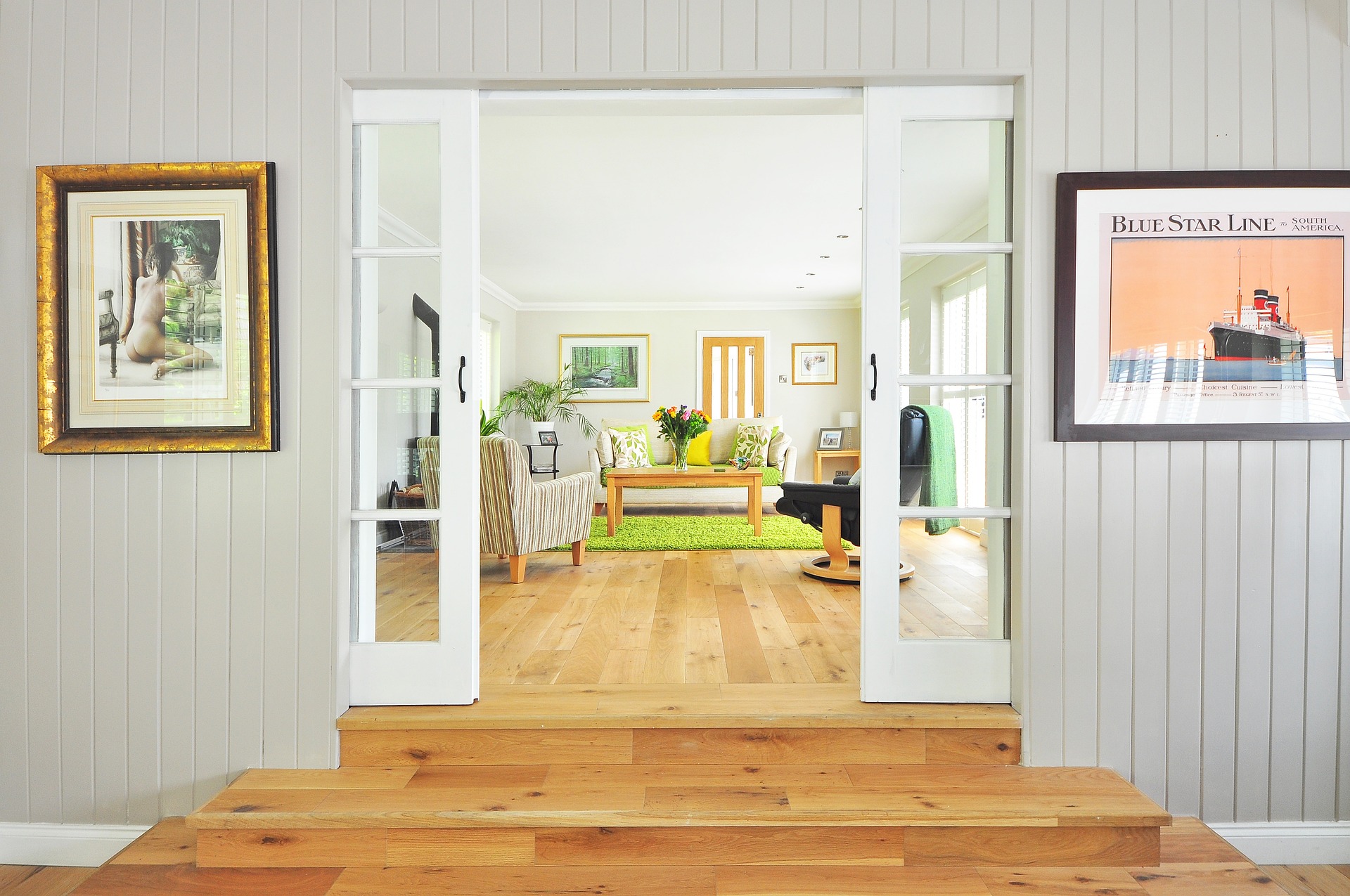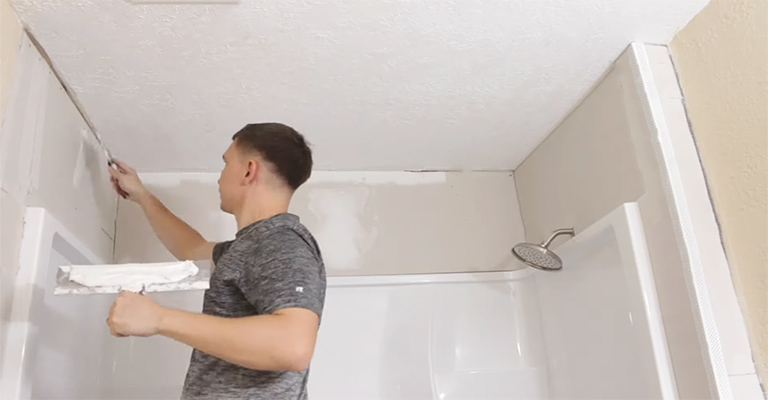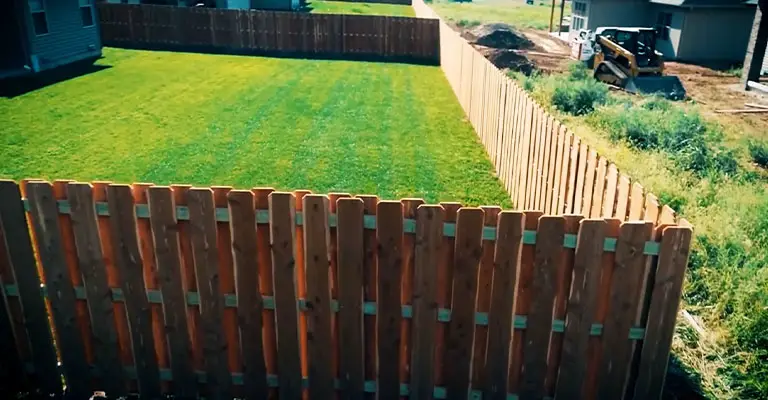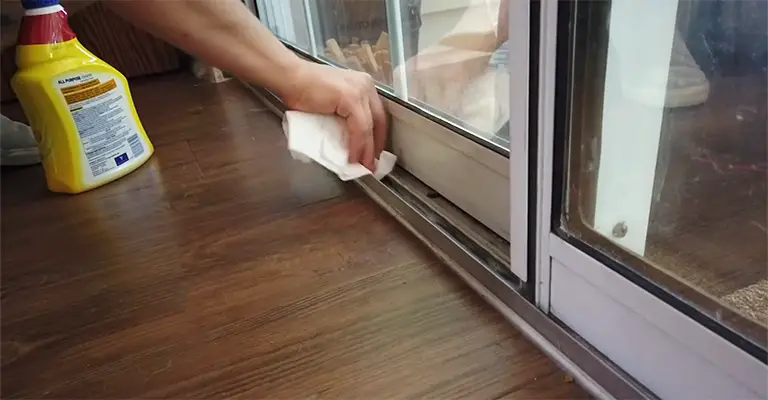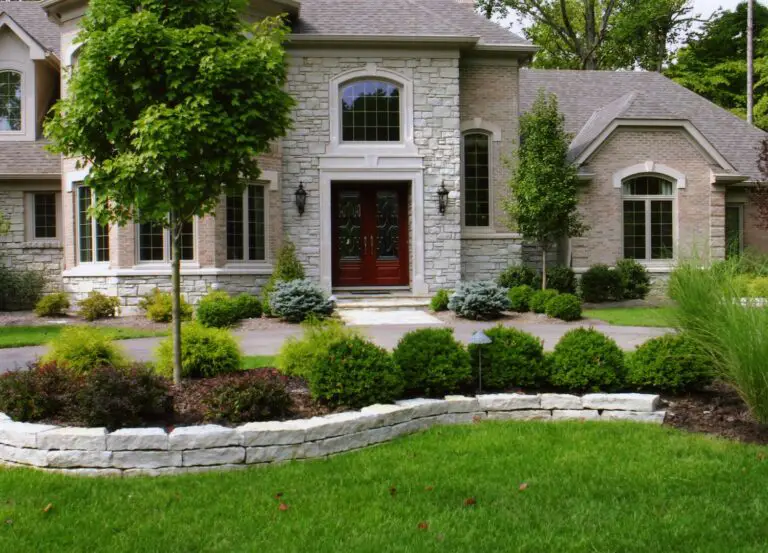Cost to Refinish Hardwood Floors: Factors to Consider
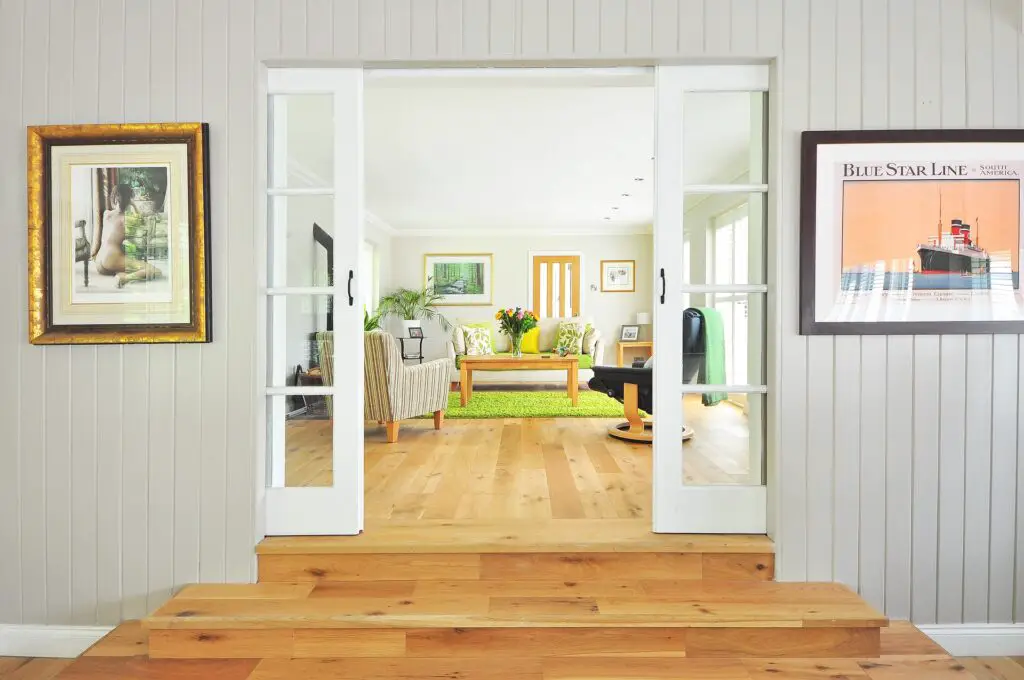
Refinishing hardwood floors can be a great way to breathe new life into a home. Whether you’re looking to update the look of your floors or simply want to restore them to their former glory, refinishing can be a worthwhile investment. However, one of the biggest considerations when it comes to refinishing is the cost.
The cost to refinish hardwood floors can vary greatly depending on a number of factors. One of the biggest factors that can impact the cost is the size of the space that needs to be refinished. Larger rooms or homes will naturally require more time and materials, which can drive up the cost. Additionally, the condition of the floors themselves can impact the cost. Floors that are in poor condition may require more extensive work, which can also increase the overall cost.
Overall, it’s important to carefully consider the cost of refinishing before committing to the project. By doing your research and getting quotes from multiple contractors, you can ensure that you’re getting a fair price for the work that needs to be done. With the right planning and budgeting, refinishing your hardwood floors can be a great investment in the value and beauty of your home.
Cost Factors for Refinishing Hardwood Floors
Refinishing hardwood floors can be a great way to restore the beauty and durability of your floors. However, the cost of refinishing hardwood floors can vary greatly depending on several factors. Here are some of the main factors that can affect the cost of refinishing your hardwood floors:
Material Costs
The materials used for refinishing hardwood floors can greatly affect the cost of the project. The cost of materials can vary depending on the type of finish you choose, the quality of the materials, and the amount of materials needed for your specific project. For example, a high-quality finish will cost more than a lower-quality finish, and a larger area will require more materials. It is important to choose the right materials for your project to ensure that you get the best results.
Labor Costs
The labor costs associated with refinishing hardwood floors can also vary depending on several factors. The experience and skill level of the contractor, the complexity of the project, and the location of the project can all affect labor costs. It is important to choose a reputable contractor with experience in hardwood floor refinishing to ensure that the job is done right.
Floor Condition and Preparation
The condition of your hardwood floors can also affect the cost of refinishing. If your floors are in good condition and only require a light sanding and a new finish, the cost will be lower than if your floors require extensive repairs and preparation. It is important to have your floors inspected by a professional to determine the extent of the work needed.
Size of the Area
The size of the area to be refinished will also affect the cost of the project. Larger areas will require more materials and more labor, which will increase the overall cost of the project. It is important to measure the area to be refinished accurately to ensure that you get an accurate estimate of the cost.
In conclusion, the cost of refinishing hardwood floors can vary greatly depending on several factors. It is important to consider all of these factors when planning your project to ensure that you get the best results at a price that fits your budget.
Steps in the Refinishing Process
Refinishing hardwood floors is a multi-step process that requires careful planning and execution. The following are the steps involved in refinishing hardwood floors:
Assessment and Repairs
Before refinishing hardwood floors, it is important to assess the condition of the floor. This involves checking for any damage, such as scratches, dents, or stains, and determining if any repairs are necessary. If repairs are needed, they should be completed before refinishing the floor.
Sanding
Sanding is an important step in the refinishing process. It involves removing the top layer of the hardwood floor to expose the raw wood underneath. This step prepares the floor for staining and finishing. Sanding can be done using a drum sander or a floor buffer, depending on the size of the floor and the amount of sanding required.
Staining
Staining is an optional step in the refinishing process. It involves applying a stain to the raw wood to change the color of the floor. Staining can be done using a brush, roller, or sprayer, depending on the desired finish.
Finishing
Finishing is the final step in the refinishing process. It involves applying a protective coating to the floor to protect it from wear and tear. There are several types of finishes available, including polyurethane, oil-based, and water-based finishes. The type of finish used will depend on the desired look and durability of the floor.
Overall, refinishing hardwood floors is a complex process that requires careful planning and execution. By following these steps, homeowners can achieve a beautiful, durable finish that will last for years to come.
Choosing a Refinishing Professional
When it comes to refinishing hardwood floors, it is important to choose a professional who has the necessary experience and reputation to provide quality work. Here are some factors to consider when choosing a refinishing professional:
Experience and Reputation
It is important to choose a professional who has extensive experience in refinishing hardwood floors. A professional with a good reputation in the industry is likely to provide quality work. One way to determine a professional’s reputation is to check online reviews and ratings from previous clients.
Licensing and Insurance
Before hiring a refinishing professional, it is important to ensure that they are licensed and insured. A licensed professional has undergone the necessary training and has the required skills to provide quality work. Insurance is also important as it protects both the homeowner and the professional in case of any accidents or damages during the refinishing process.
Cost and Time Estimates
It is important to get cost and time estimates from multiple refinishing professionals before making a decision. This will help the homeowner to compare prices and choose a professional who offers reasonable rates. It is also important to consider the time estimates provided by the professional to ensure that the refinishing process fits within the homeowner’s schedule.
Overall, choosing a refinishing professional requires careful consideration of their experience, reputation, licensing and insurance, as well as cost and time estimates. By taking these factors into account, homeowners can ensure that they choose a professional who will provide quality work and a stress-free refinishing process.
Maintaining Refinished Hardwood Floors
Regular Cleaning
Regular cleaning is essential for maintaining the beauty and longevity of refinished hardwood floors. Sweeping or vacuuming with a soft-bristled brush attachment should be done at least once a week to remove dirt and debris. Avoid using a vacuum with a beater bar, as it can scratch the surface of the floor.
For a deeper clean, a damp mop can be used. Use only a small amount of water and a hardwood floor cleaner that is safe for use on refinished floors. Avoid using steam cleaners or excessive water, as it can damage the finish and cause warping.
Preventive Measures
Preventive measures can help to minimize wear and tear on refinished hardwood floors. Place doormats at all entrances to catch dirt and debris before it enters the home. Use furniture pads under all furniture legs to prevent scratches and dents. Avoid wearing high heels or shoes with cleats on the floor, as they can cause damage.
It is also important to maintain the humidity level in the home. Fluctuations in humidity can cause the wood to expand and contract, leading to gaps and cracks in the floor. Use a humidifier in the winter to keep the air moist and a dehumidifier in the summer to remove excess moisture.
Long-Term Care
Over time, refinished hardwood floors may begin to show signs of wear. When this happens, it may be time to consider recoating or refinishing the floors. Recoating involves applying a new layer of finish to the existing floor, while refinishing involves sanding down the existing finish and applying a new one.
The frequency of recoating or refinishing will depend on the amount of traffic and wear on the floor. Generally, refinished hardwood floors should be recoated every 3-5 years and refinished every 10-15 years. A professional flooring contractor can provide guidance on the best course of action for your specific floor.
Frequently Asked Questions (FAQs)
Q: What is the average cost per square foot for refinishing hardwood floors?
A: The average cost per square foot for refinishing hardwood floors typically ranges from $3 to $5. However, this cost can vary depending on various factors such as the condition of the floors, the type of finish used, and the location of the property.
Q: How long does it typically take to refinish a standard-sized room’s hardwood floors?
A: The time it takes to refinish a standard-sized room’s hardwood floors can vary depending on the condition of the floors and the type of finish used. On average, it can take anywhere from 2 to 5 days to complete the refinishing process.
Q: Are there cost benefits to refinishing hardwood floors compared to replacing them?
A: Refinishing hardwood floors can be a cost-effective alternative to replacing them. It can save homeowners money on the cost of materials and labor, as well as the time and inconvenience of having to replace the floors.
Q: Can homeowners inhabit their residence during the floor refinishing process?
A: Yes, homeowners can typically inhabit their residence during the floor refinishing process. However, it is important to note that there may be some inconvenience and disruption to daily activities due to the noise and dust generated during the process.
Q: What factors influence the total cost of a hardwood floor refinishing project?
A: Several factors can influence the total cost of a hardwood floor refinishing project, including the size and condition of the floors, the type of finish used, and the location of the property. Additionally, any necessary repairs or preparation work can also impact the overall cost.
Q: Is refinishing old hardwood floors a worthwhile investment for home improvement?
A: Refinishing old hardwood floors can be a worthwhile investment for home improvement. It can restore the floors to their original beauty and increase the value of the property. Additionally, refinishing can be a more sustainable and eco-friendly option compared to replacing the floors.
Final Thoughts
When considering the cost to refinish hardwood floors, it’s essential to weigh the long-term benefits against the initial investment. Hardwood floor refinishing ranges in price, but this process can significantly enhance the appearance and longevity of your existing hardwood floors, including popular options like cherry wood flooring. Refinishing is a more cost-effective solution compared to opting to replace hardwood floors entirely. Moreover, professional hardwood floor refinishing not only restores the beauty of your wood floors but also increases your home’s value.
This is particularly true for high-quality materials like engineered hardwood, which can mimic the look of solid wood with added durability. Choosing the right contractor is crucial, as many contractors offer dustless refinishing – a modern technique that minimizes the mess typically associated with such projects. This advanced method ensures a cleaner process and a quicker return to enjoying your refreshed space.
Additionally, if your home has special wood floors, such as cherry wood or other unique varieties, professional hardwood floor installation and refinishing services can tailor their approach to suit these specific materials. Ultimately, the decision to refinish hardwood flooring is an investment in your home’s aesthetic appeal and structural integrity, providing a timeless look that continues to be a coveted feature in homes across various styles and eras.

